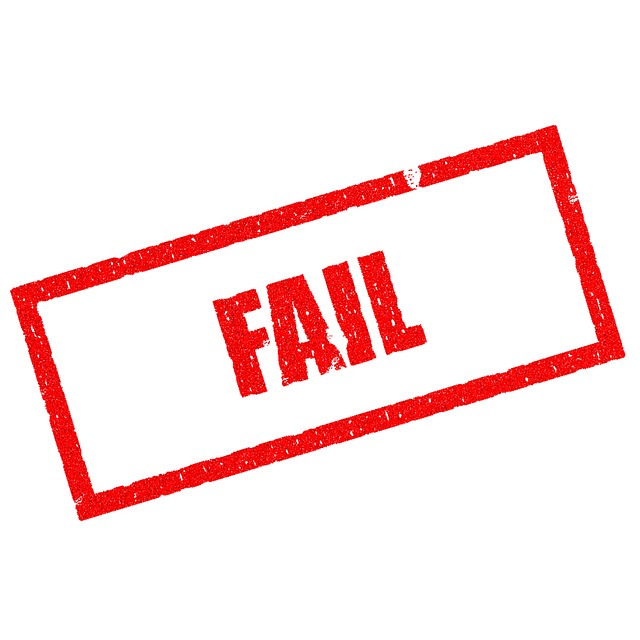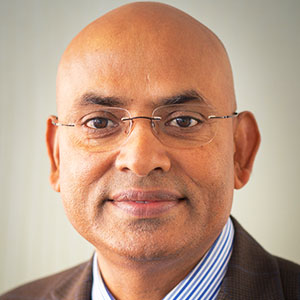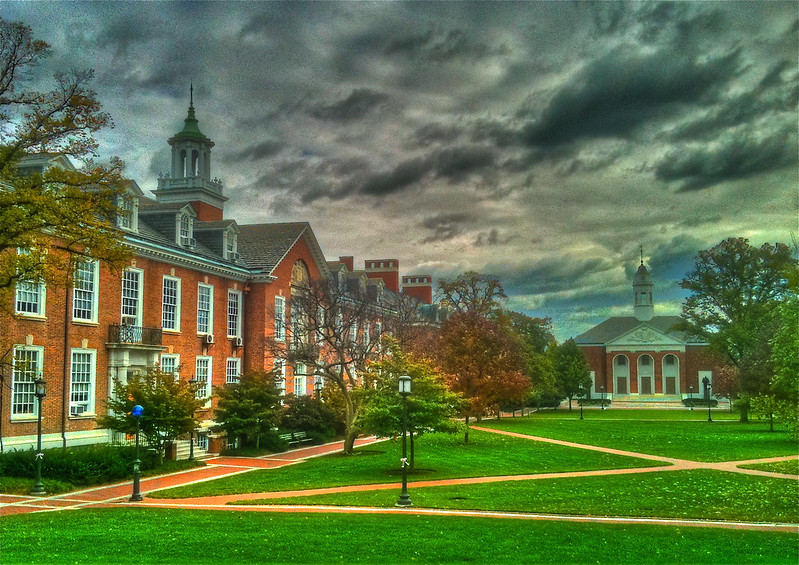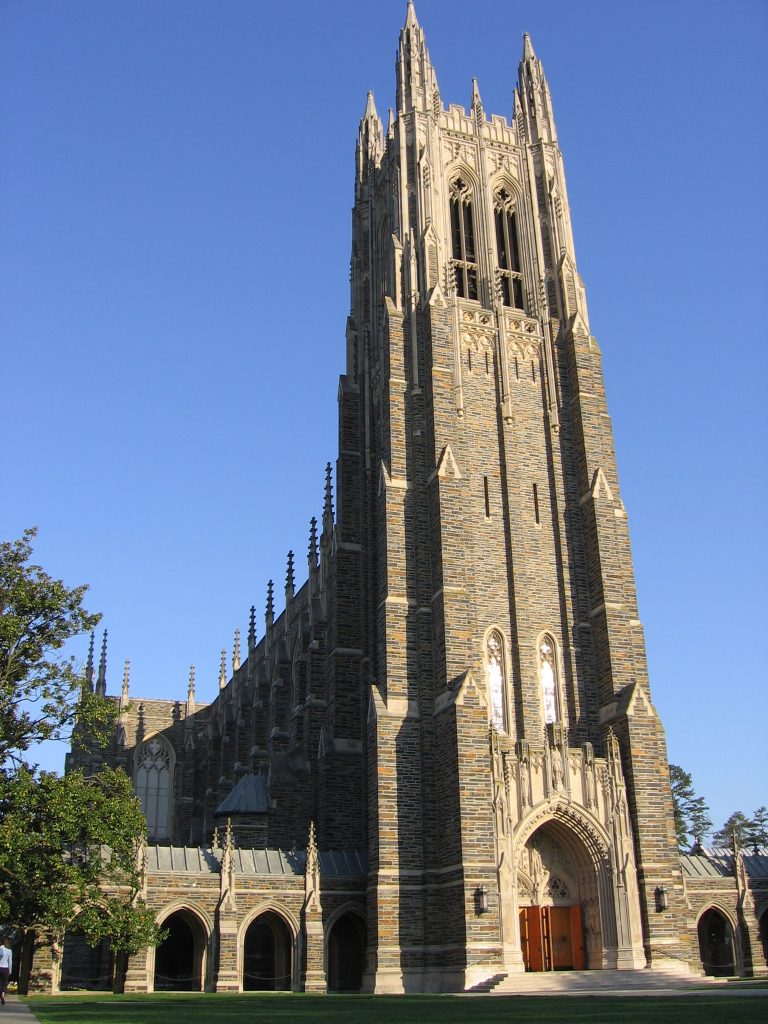
The Journal of Food Safety has retracted two papers by a group from Iran over concerns that the work was tainted by problems with peer review and bad data.
The articles, both of which appeared in 2018, came from the lab of Ebrahim Rahimi, of the Faculty of Veterinary Medicine at the University of Tehran. Rahimi, by our count, has now lost four papers for questionable peer review and findings.
For Rahimi’s article, “Antibiotic resistance properties and genotypic characterization of enterotoxins in the Staphylococcus aureus strains isolated from traditional sweets,” the retraction notice reads:
Continue reading Food poisoning researcher up to four spoiled papers






